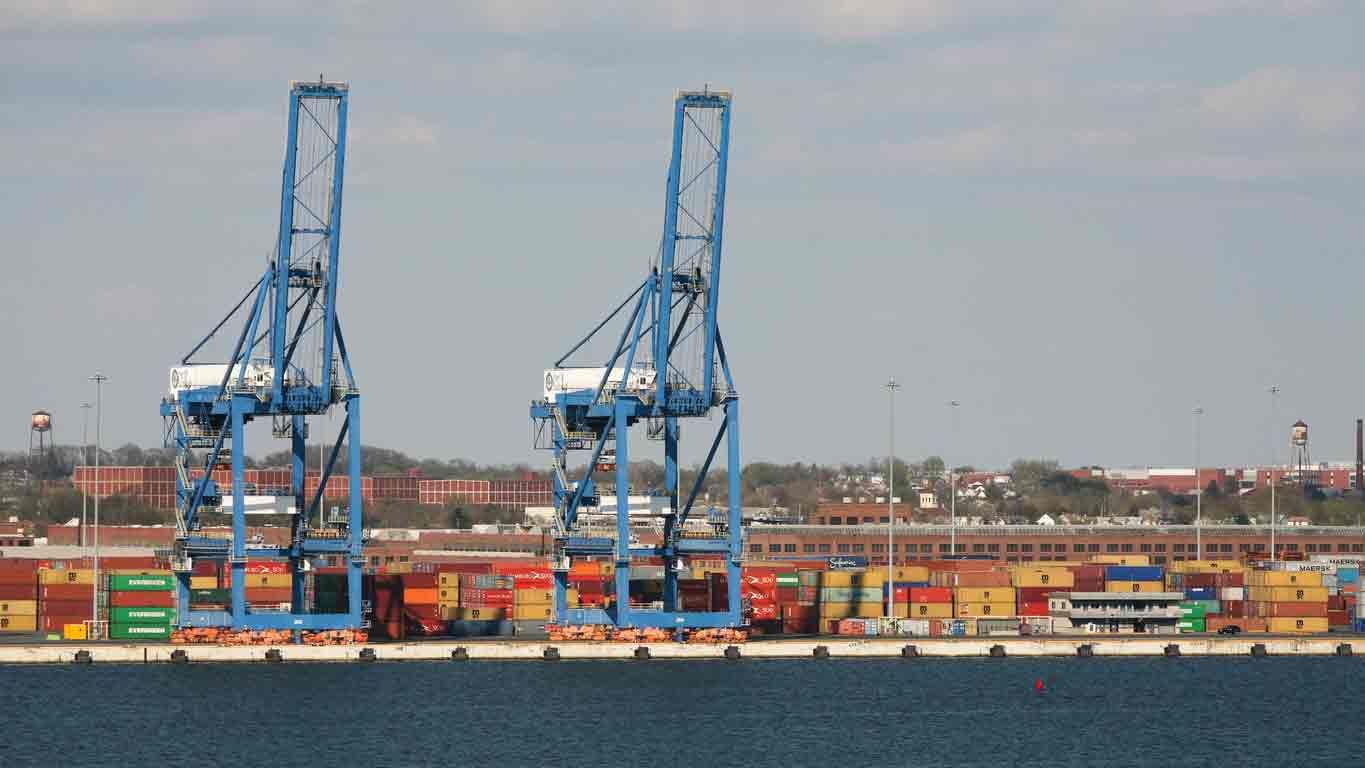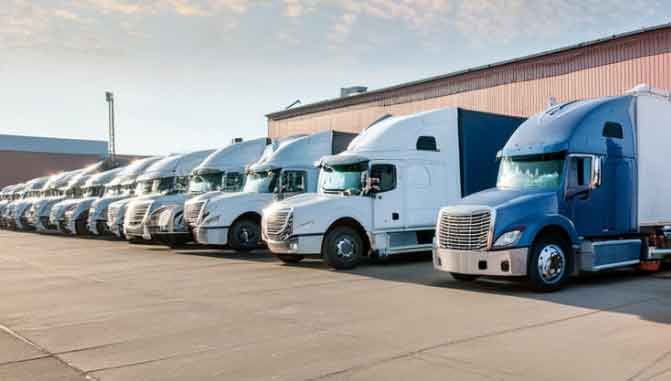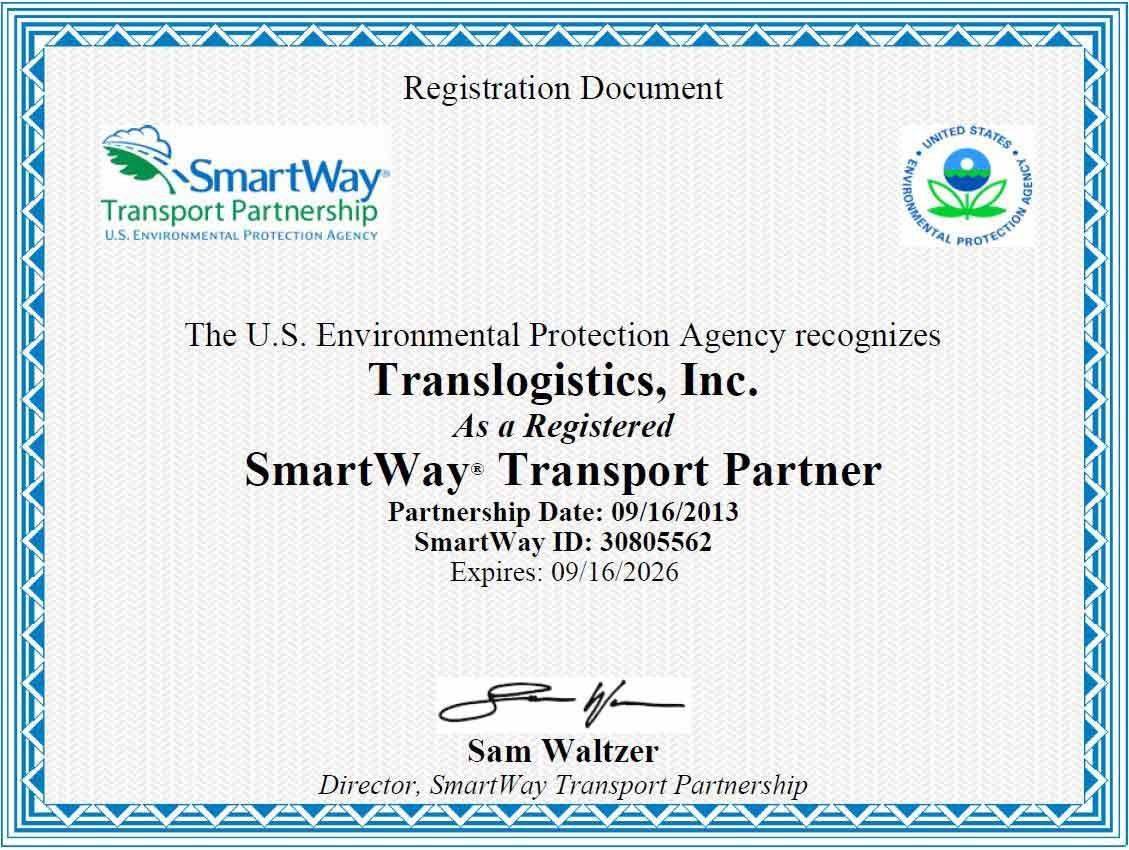Catastrophic Bridge Collapse in Baltimore Created Financial Loss
Baltimore Bridge Collapse
The ill-fated Dali cargo ship collided with the Francis Scott Key Bridge in Baltimore on March 26th, triggering its catastrophic collapse, just two days after another vessel had safely transited beneath the same bridge on March 24th.
Baltimore Bridge Update
The magnitude of the economic fallout from Tuesday morning's catastrophic collapse of Baltimore's Francis Scott Key Bridge is rapidly becoming apparent. Transcending the tragic loss of life and property damage, the costs are escalating as operations at one of the nation's most vital ports grind to a halt and a critical interstate highway artery is severed.
According to experts the port alone generates a staggering $15 million in daily economic activity, a flow that will be virtually stanched "until further notice."
However, this substantial figure merely scratches the surface of the overarching financial ramifications.
Port of Baltimore
An expert with Sage Policy Group advised Business Insider, "It's not just the Port of Baltimore that has been compromised, it's also the railroads, the trucking industry, the regional-distribution centers, commuters, and other segments of the economy."
Experts advised that these factors will escalate the daily losses into the tens of millions of dollars until the shipping lane is reopened. "The ramifications here are far-reaching," he added grimly, "And they're all negative."
Although far from the largest port in the US, Baltimore is one of the more specialized terminals for automotive and agricultural equipment, known as "roll-on/roll-off" cargo, as well as some bulk commodities such as coal.
Chief Economist at the Regional Economic Studies Institute of Towson University in Maryland, said the port is responsible for about 140,000 jobs, though he doesn't anticipate significant risks to employment as long as operations resume quickly. While some cargo must wait, container ships can largely reroute to other East Coast locations. However, it's unclear whether East Coast ports will have enough available capacity to absorb Baltimore's container volume.
A risk for Baltimore will be whether these route changes prove temporary or if they'll have a lasting impact on the port's business operations.
Meanwhile, experts cautioned that the costs on land will be more challenging to quantify, though arguably no less disruptive to the local economy.
When the Key Bridge opened in 1977, it completed the I-695 loop around Baltimore and provided a crucial bypass route for hazardous materials that could not be transported through tunnels. That vital link is now severed, forcing vehicles to take a longer, more circuitous alternate route.
Given that reopening the port — and keeping it operational — is the paramount economic priority, it will likely be an extended period before the city can construct a replacement bridge. This will translate into lengthier delays and higher costs for moving people and goods throughout the region. Baltimore's economic outlook was already precarious prior to this incident. Now, with its number one economic asset compromised, its prospects have plummeted to new depths.
Bridge Collapse Impact to Supply Chains
The bridge collapse compelled officials to suspend operations at the Port of Baltimore, which according to data from the Bureau of Transportation Statistics, ranks 20th among the top 50 U.S. water ports by total tonnage.
The ramifications extend beyond just the Port of Baltimore, impacting over-the-road transportation as well. Due to safety regulations prohibiting the transit of hazardous freight through tunnels, the Francis Scott Key Bridge played a crucial role in routing such shipments through the area. All cargo containing hazardous materials will now need to be rerouted.
Furthermore, congestion in the region will delay shipments traveling through Baltimore. As an integral part of the Baltimore Beltway, FreightWaves estimated that over 30,000 commuters relied on the bridge daily. Now, both commuters and truckers must find alternative routes for their daily travel.
Baltimore Maryland Carrier Update
The Maryland Department of Transportation has not lifted the restrictions on Hazardous Materials (HM) transiting through the tunnels. Consequently, we will need to reroute certain city trucks, which may result in minor delays for HM shipments in the areas serviced over the collapsed bridge. Additionally, changes in traffic patterns could lead to localized congestion. Nonetheless, we aim to maintain operational continuity to the greatest extent possible.
Wilmington Delaware Carrier Update
Currently, there are no discernible impacts on Pickup and Delivery operations in this area. However, a few southbound line haul schedules involving HM will need to temporarily utilize alternate routes. Otherwise, operations in the general Wilmington region remain largely unaffected.
General Line Haul from Northeast to Southeast
Southbound line haul schedules carrying HM will need to temporarily adopt alternate routing to mitigate disruptions.
TLI is actively monitoring the situation and remain committed to minimizing service interruptions while ensuring the safety and efficiency of our operations. Further updates will be provided as the situation evolves.
TLI Message
TLI extends it's condolences to the victims of this tragedy, along with the impacted shippers and carriers. For our shippers, we are committed to keeping up with news related to the tragedy and will continue to route freight as best as possible around the delays.
TLI Insights
Get the latest logistics insights and tips from TLI's award-winning team. Stay ahead in transportation planning.
Questions? Email us at marketing@shiptli.com




